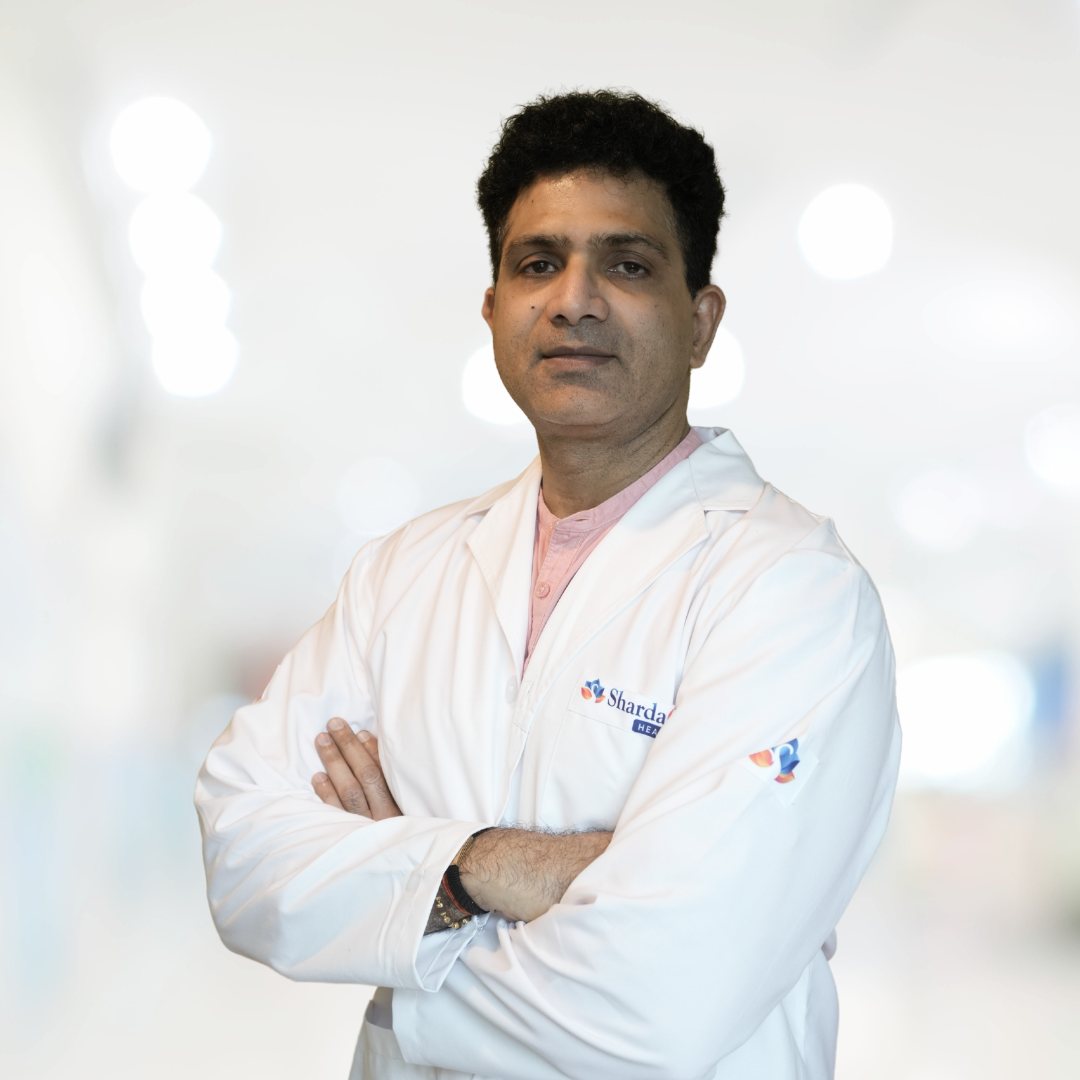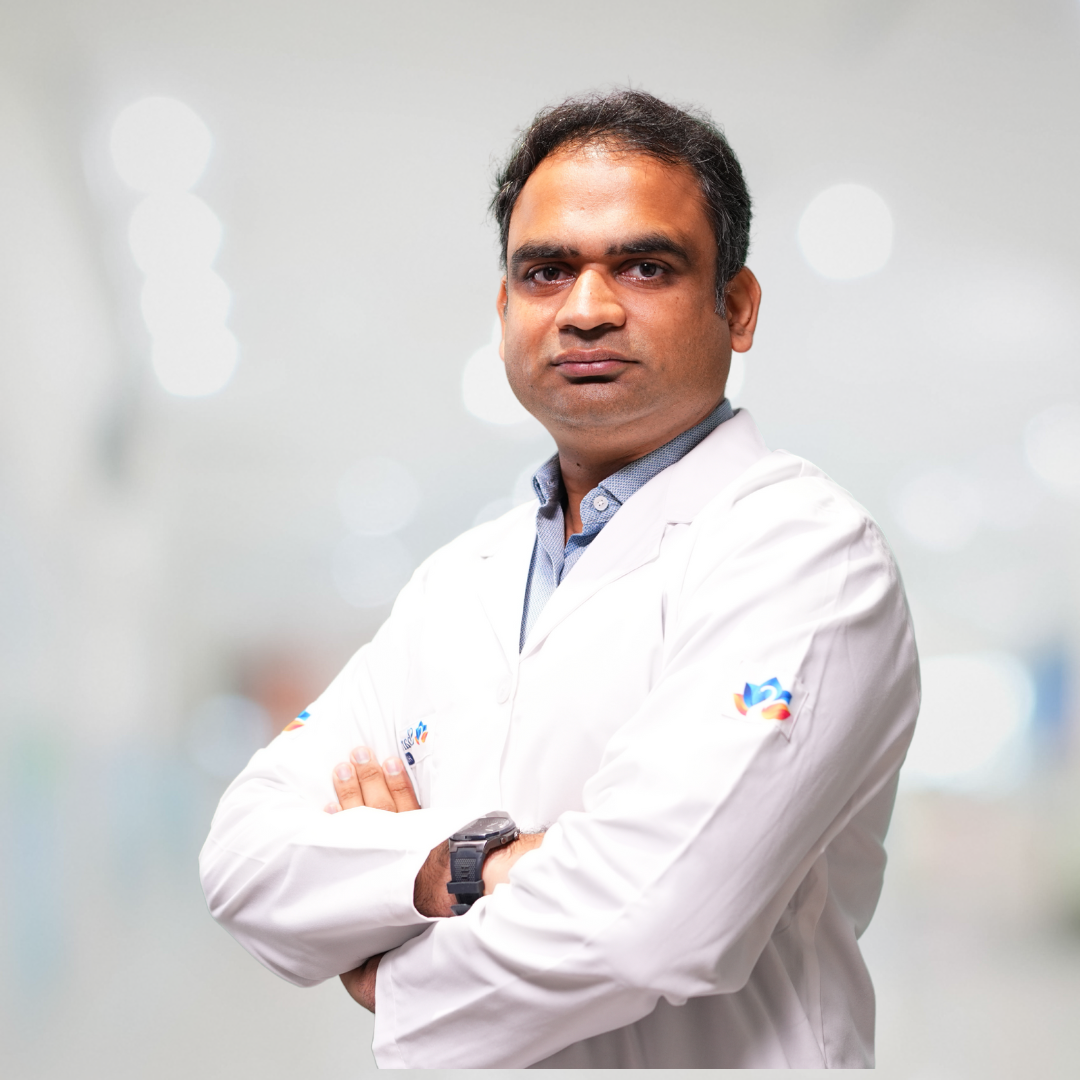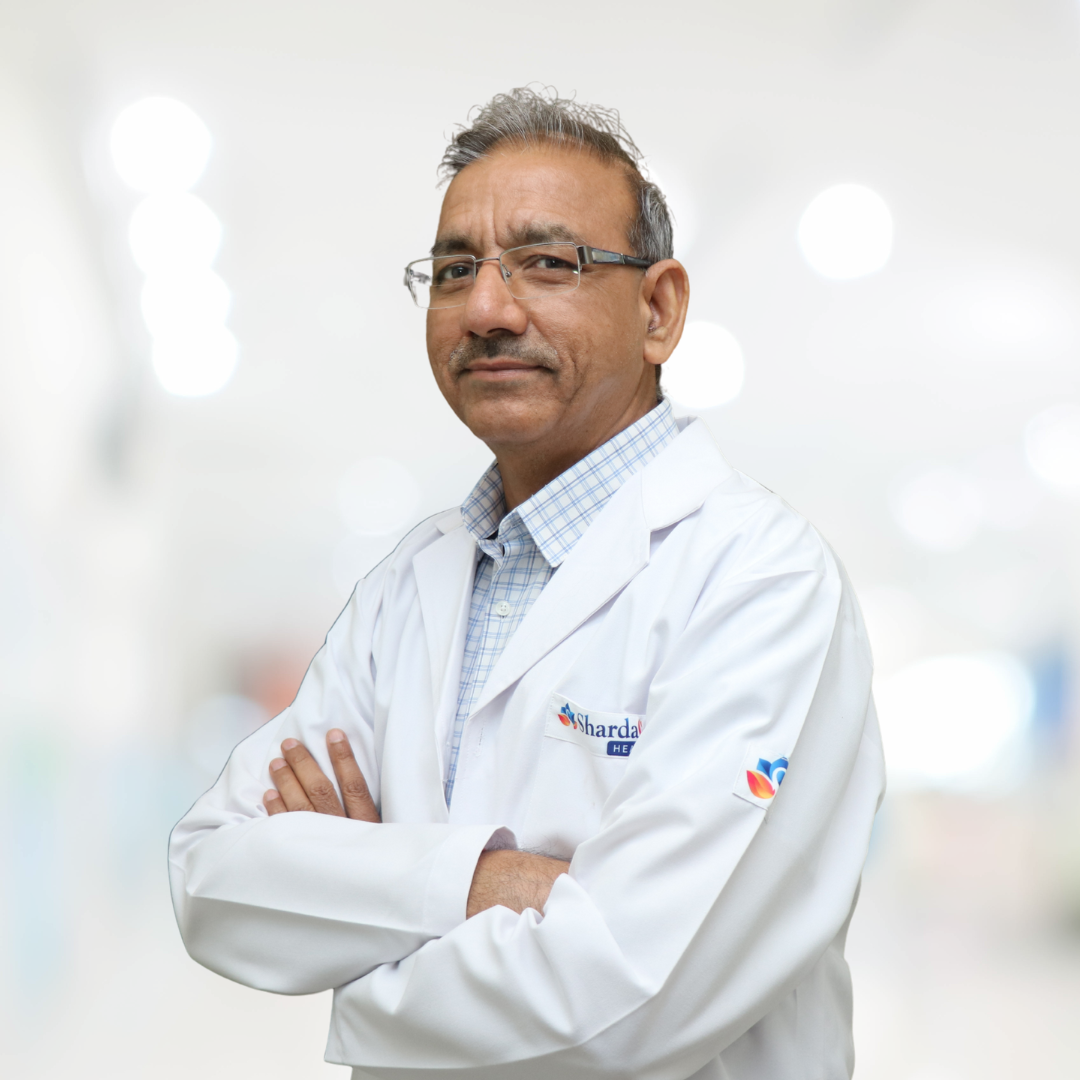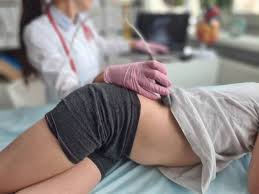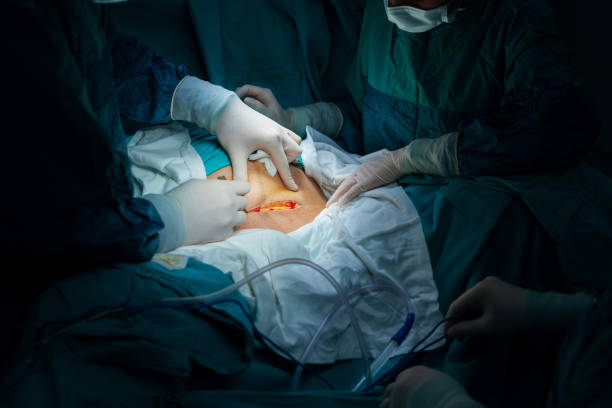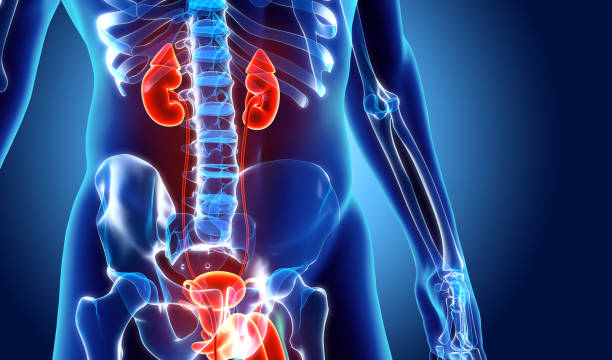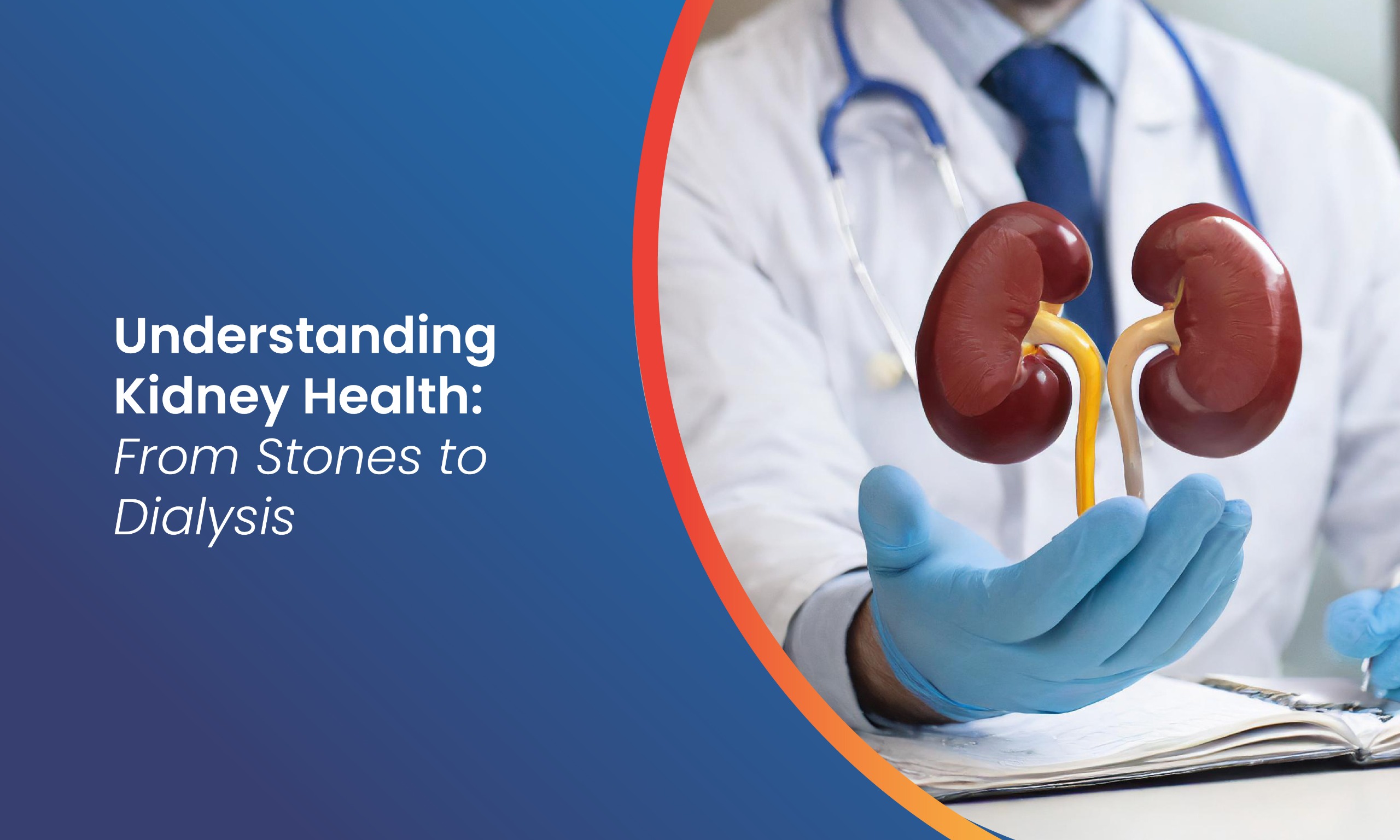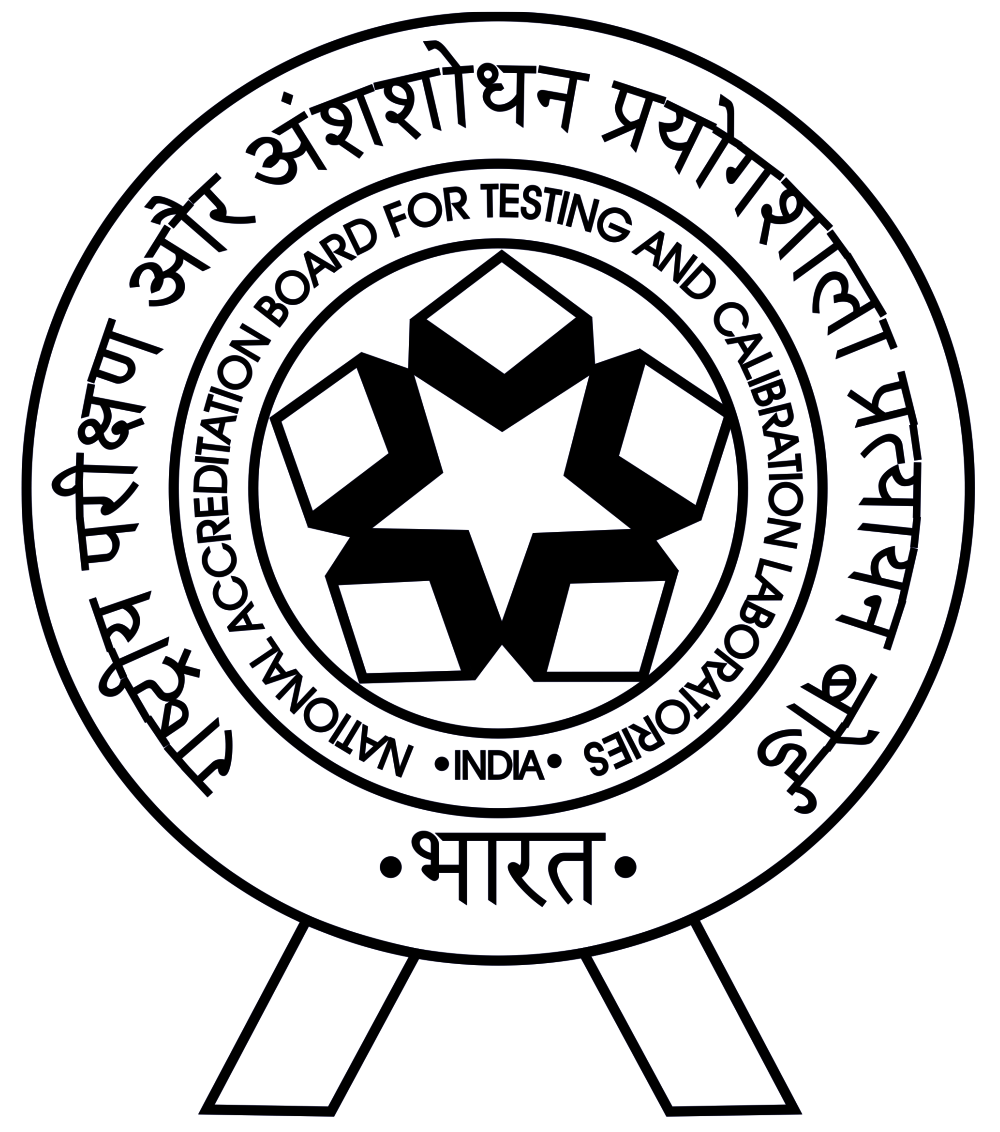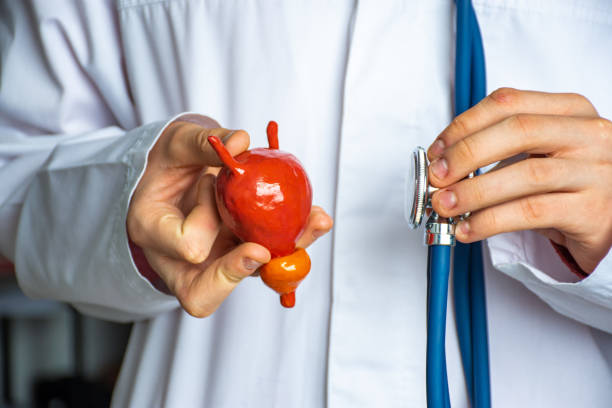
Andrology & Men’s Health Care at ShardaCare – Healthcity
Andrology, a specialized branch of Urology, focuses on addressing Men's Health concerns, including issues related to Fertility, Sexual Function, and Reproductive Health. At ShardaCare - Healthcity , our Andrology Department offers comprehensive treatment options for men's health problems, all under one roof. Our team of highly experienced Andrologists is equipped with advanced medical technologies, ensuring the delivery of top-quality care with a patient-centred approach. We prioritize personalized treatment plans, encompassing counselling and therapy, tailored to the needs of men across all age groups.
Some of the common conditions treated by our Andrologists at ShardaCare - Healthcity include:
- Erectile Dysfunction
- Male Infertility
- Premature Ejaculation
- Varicocele
- Androgen Deficiency
- Low Testosterone Levels
- Anejaculation
- Retrograde Ejaculation
- Peyronie’s Disease
Top of Form Treatments
Male Infertility
- Male infertility plays a significant role in up to 40% of infertility cases in couples. Various factors can contribute to Male Infertility, including low Sperm Count, Absence of Sperm in Semen (Azoospermia), Sperm Abnormalities such as Reduced Motility or Abnormal Shape, Infections in the Sperm Tract, Hormonal Imbalances, Erectile Dysfunction, and Varicoceles. Additionally, Male Sexual Dysfunction may also impact Fertility, even when Sperm Parameters are normal.
Management of Male Infertility involves:
- Thorough evaluation and treatment of Male-Specific causes of Infertility.
- Addressing Azoospermia, Low Sperm Counts, or Sperm Abnormalities.
- Sperm Retrieval Techniques.
- Penile Vibrostimulation for challenging Semen sample collection.
- Surgical Sperm Retrieval procedures, such as Testicular Sperm Aspiration (TESA) or Microscopic Testicular Sperm Extraction (Micro TESE).
- Microsurgical Varicocelectomy for Varicocele correction.
- Counselling and Treatment for Unconsummated Marriage or Male Sexual Dysfunction.
- Utilization of Advanced Genetic Testing and Genetic Counselling to assess underlying Genetic factors contributing to Infertility.
Male Sexual Dysfunction
- Male Sexual Dysfunction can stem from a combination of Physical and Psychological factors. It encompasses various conditions such as erectile Dysfunction, Premature Ejaculation, Retrograde Ejaculation, Penile Curvature, Anejaculation, Pain during Ejaculation, and Reduced Libido (Low Sex Drive).
Causes of Male Sexual Dysfunction may include:
- Cardiovascular Disease.
- Chronic Illnesses.
- Low Testosterone Levels.
- Performance-related Concerns or Anxiety.
- Nerve Damage.
- Spinal Cord Diseases, Post-Surgery, or Trauma.
- Depression or Anxiety Disorders.
- Marital or Relationship issues.
- Work-related Stress or Anxiety.
- Past Sexual Trauma.
- Lifestyle factors such as Smoking, Tobacco use, and Alcohol Consumption.
Chronic Testicular Pain and Pelvic Pain
- Persistent Testicular Pain can be Distressing for Men and may be caused by various factors such as Infection, Nerve Injury, Varicocele, Testicular Torsion, or even Cancer. When Conventional Treatments Fail to provide relief, a thorough evaluation is necessary to determine the underlying cause. In some cases, a Spermatic Cord Block procedure may be utilized to assess improvement levels. Successful cases may benefit from microsurgical denervation of the Spermatic Cord, a specialized procedure performed under an operating microscope with high success rates.
- Chronic Pelvic Pain, also known as Chronic Prostatitis, presents symptoms like Perineal discomfort, Pain during Ejaculation, and Burning Sensations during Urination. These symptoms significantly impact the quality of life and can lead to Stress, Anxiety, and Depression. Our Andrologists conduct comprehensive evaluations, including a review of symptoms and medical history, to identify the root cause and recommend the most appropriate treatment plan.
Low Testosterone Levels
- Male Hypogonadism, characterized by Low Testosterone Levels, occurs when the Male Reproductive Glands fail to produce sufficient Testosterone. This condition can arise from various factors such as Injury, Chemotherapy, Pituitary Gland Tumours, Chronic Illnesses, Obesity, or Medication side effects.
- Symptoms of Low Testosterone Levels, or Hypogonadism, include decreased Libido, Fatigue, difficulty concentrating, Weight Gain, and Diminished Muscle Mass. Infertility or Erectile Dysfunction may also accompany Hypogonadism, requiring specialized care from Andrologists. Young men with Hypogonadism can receive successful treatment to improve Sperm Counts. Addressing Testosterone deficiency is crucial for overall health, including Bone and Cardiovascular Health, as well as maintaining optimal erectile function and Sperm quality.
Looking for an Expert
ShardaCare - Healthcity is home to some of the eminent Doctors in the world.
Book an Appointment

